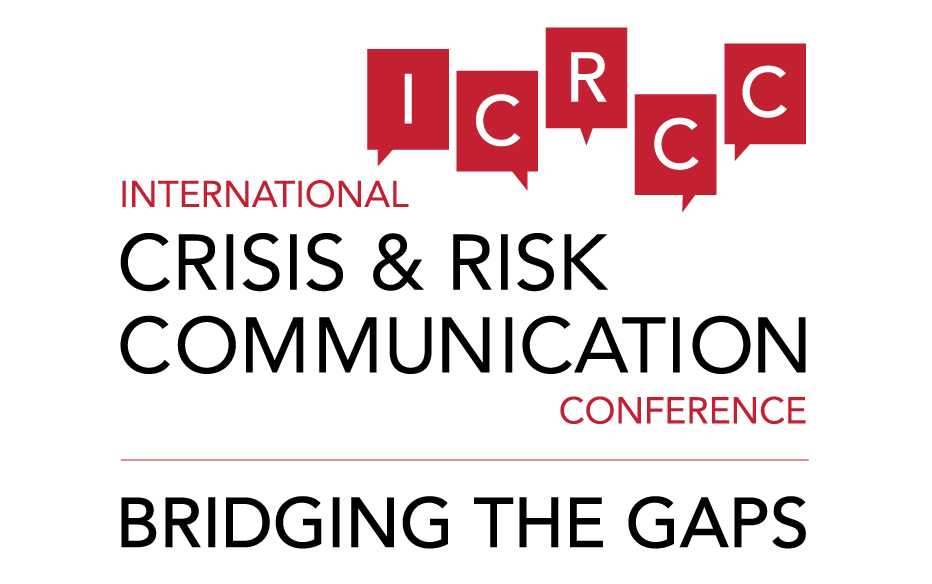
Adjunct Lecturer
Dial Center for Written and Oral Communication, University of Florida
United States
Anthony Eseke’s academic background includes BA Philosophy (University of Ibadan); BA Theology (Urbaniana University, Rome); BA English (University of Ibadan); MA Public Relations (University of Nigeria); MAMC International and Intercultural communications (University of Florida). His area of interest in Communication studies includes Media, crisis and peace management.
2015
Effects of Scandal and Post-Scandal News Conference
This study was a 3 (organization type: profit, religious non-profit and political non-profit.) X 2 (post-crisis news type: acquittal vs. conviction) embedded in an online survey distributed by Qualtrics software. The study examined the effects of the sexual scandal news of an organizational leader and the probability of an acquittal or conviction news on the perceptions of stakeholders toward the organization of that leader. Students at a southeastern U.S university participated in the experiment. The study found that when the scandal of a organizational leader ends in an acquittal, stakeholders tend to significantly perceive the organization’s reputation in a favorable manner. The study therefore concluded that in times of scandal crisis, an organization’s crisis management team needs to be on top of the post-crisis developments. It needs to follow the news and trends in the social media as the case plays out in the legal courts and in the courts of public opinion, and intentionally refocus and redirect its stakeholders to the organization’s own post-crisis narrative. If the scandal ends in an acquittal, the crisis team needs to maximally use that outcome to favorably persuade its stakeholders.


